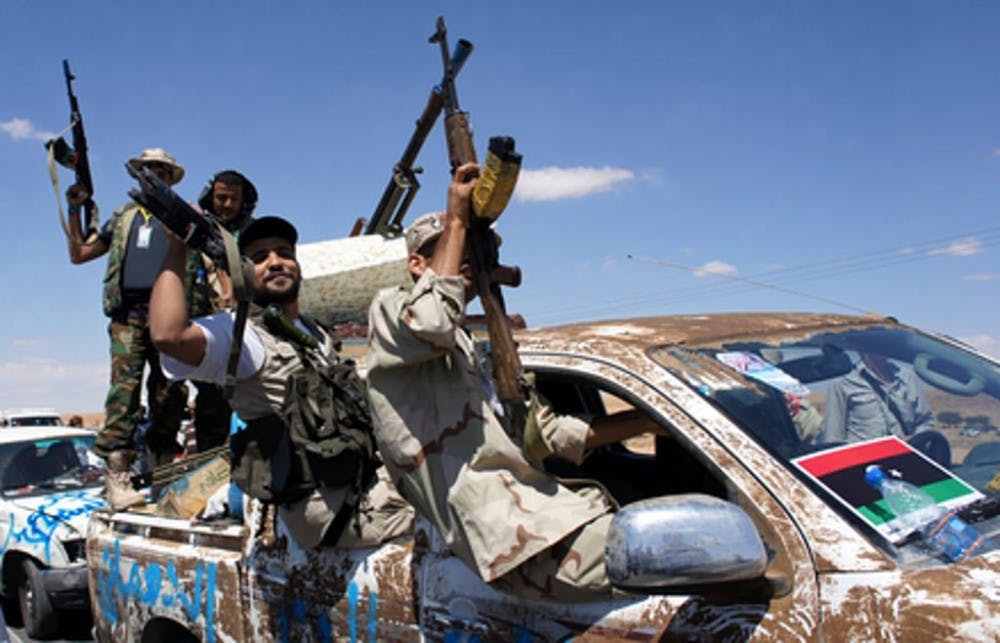By Joe Friedrichsen | Echo
Libya's political conflict swelled Monday when a competing Libyan government captured a major oil field in its bid to win the battle for power and legitimacy as Libya's official government.
One of the factions backing the rival government, a militia coalition called Fajr Libya or Libyan Dawn, is the group behind the seizure of El Sharara, Libya's largest oil field, the Wall Street Journal reported.
In August, Libyan Dawn took control of Tripoli, Libya's capital, and organized its own government. According to The Washington Post, Libya's internationally recognized government-led by Prime Minister Abdullah al-Thani and his parliament-fled to the east of the country, where they now rule from a small port city called Tobruk.
As a result of the attack, El Sharara's oil production is expected to drop from 800,000 to 200,000 barrels a day, stated The Africa Report.
The oil field acts as a main source of government revenue for Libya's $47 billion annual budget, Reuters reported.
In addition, roughly 79 percent of Libya's export revenue comes from crude oil, which brought in around $4 billion per month of net revenues in 2012, according to the U.S. Energy Information Administration.
Furthermore, Libya's oil industry yields 1.4 million barrels of oil a day, The Africa Report stated. Libya expected this production rate ro result in lower gasoline prices worldwide. However, fighting between rival governments and militias has led to uncertainty in the global market. As fighting continues, no assurance can be offered regarding consistent oil outputs.
According to North Africa analyst Geoffrey Howard at Control Risks: a global risk and strategic consulting firm, Western powers' opposition to the rival Libyan government could hinder Libya's ability to export oil.
"We could potentially see sanctions imposed if Islamist groups take control of facilities, and then Libya will struggle to attract credible buyers," Howard said.
Since June, infighting between Libyan towns and tribes has wreaked heavy damage on the country's economy.The attack on the El Sharara oil field is only causing more trouble economically since El Sharara sits in southern Libya, the poorest area in the country, Reuters reported.
Libya's recent conflict began in September as a result of the Libyan government's inability to control militias. Rebel groups that once supported former Libyan leader Muammar Gaddafi now fight independently in pursuit of power and oil revenues, Al Arabiya News reported.
This clash of rival governments and militias competing for control of the country depicts post-revolution Libya. Since the removal of Gaddafi, fighting has scarred the country.
In the midst of the bedlam, Libya's fragile government struggles to shield the country's oil facilities from the fighting.





